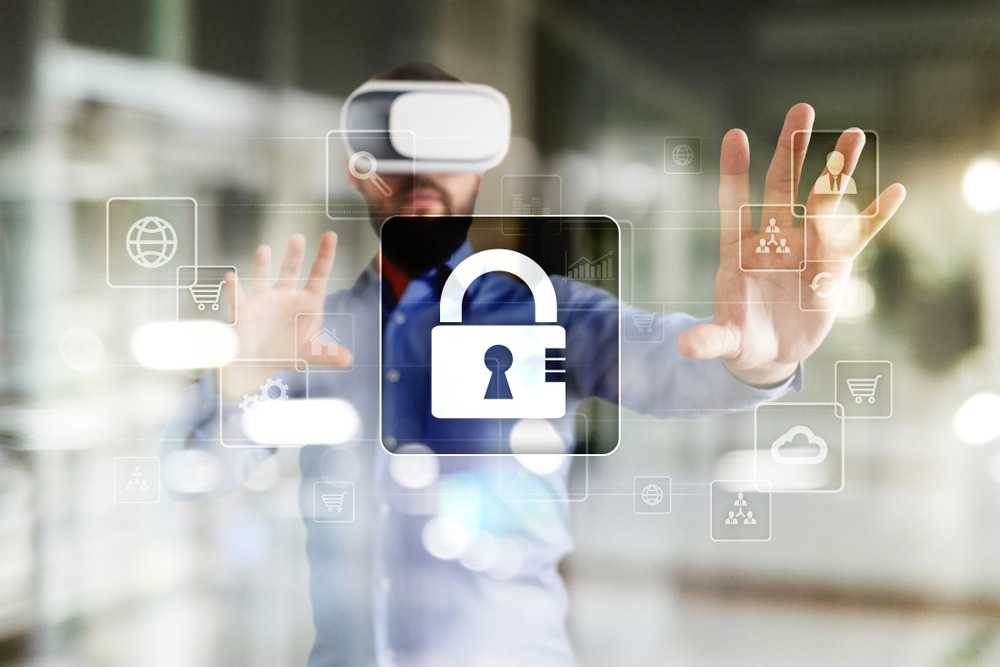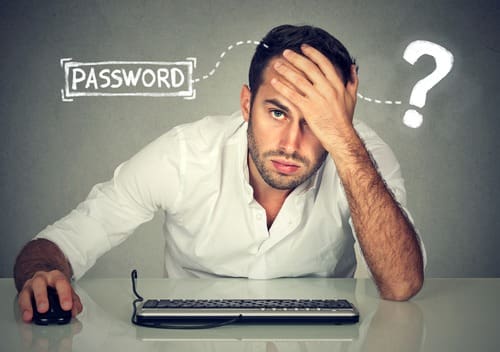With all of the various types of cybercrime, it is becoming more and more difficult to prevent these attacks. Even with a strong firewall and knowledgeable IT team, your company’s information may still be at risk.
Tactics like phishing, target lower-level employees through tricks to acquire company records or financial statements. Even if you have a strong team to protect your company’s information from any outside forces, you must look internal as well.
It is a common occurrence for an employee who is not tech-savvy to download the wrong file, open the wrong email. Once an outsider has gained access to your account you may not realize until it is too late. The difference between hacking into a personal email and a work email is that these criminals will have access to so much more.
The average person has one or two emails they use on a consistent basis. On top of that, the type of emails they receive is most likely a receipt or financial statement. So for those who have a “financials” folder within your email, that is a goldmine for these thieves.
Personal IT, when comprised, has the potential to expose your corporate information as well. The safe bet nowadays is to have many security solutions lined up and ready, just in case. By implementing a digital privacy protection plan, you can improve your security solutions greatly.
Request a Free Consultation
How Does Personal IT Jeopardize Corporate IT?
To ensure you are fully protected from these threats there are a few policies many businesses today use that you can try. Having a plan for security solutions is a great start, but you must know how to implement them correctly.
Even though IT systems are always susceptible to breaches, here are some of the most popular preventive measures you can start today.
Permission Restrictions
When it comes to corporate IT and minimizing the threats, it is important to restrict access to specific users. There is no reason for a secretary to have access to a client/vendor list.
These positions generally have a higher turnover ratio of employment, so granting minimal access to these lower-end positions is a wise decision. Maybe there are internal discussion boards (Skype or Slack), but not everyone needs to be included; other people working on the project should have access.
If someone requests access, you could decide whether or not to approve them.
Passwords
Passwords may be the single most important protective measure a company needs to focus on. Make sure you are updating your passwords on a bi-monthly basis or more frequently. The more you change your login credentials the less time a cyberhacker has to steal your information.
When it comes to changing your passwords, do not reuse them. The main focus here is you must ensure that every employee chooses a different password from what they use in their personal lives outside of work. For example, let’s say your secretary is in charge of reading your emails or creating your schedule and she sets up her login with an easy-to-remember password.
She makes her password the exact same as her personal Facebook, this way she knows she will never forget it. Now, what happens when she goes home and opens an unsolicited email, her computer is now compromised.
While still unknown to her, the hacker has her Facebook, Instagram, Snapchat, and LinkedIn passwords. Not only does this cyber hacker have your personal passwords, but since you used the same password at work, they also now have access to your boss’s email and calendar.
This happens every day, so be creative when coming up with a password. Maybe you have a favorite snack you eat at work, “Granola0221” would be an excellent choice. Granola, with a capitalized G and the number 0221 for when you started work on February 21st.
Training Classes
There are many companies that will come to your place of business and host what is called an “anti-phishing training seminar”. Here they will discuss the most common types of cyberattacks and how the thieves do it.
Popular Security Solutions for Training
- Email Security Solutions
- Internet Security Solutions
- Information Sharing Procedures
Use of Personal Device
Coming back to the thought of personal phones and how they could harm your company. Many companies in 2018 are now allowing their employees to use their personal cell phones while at work.
The only catch here is that the company gets to monitor and control the security solutions of each device. This is as close to perfect as you can get while making sure your employees are compliant with your policies and not doing anything that may harm the company. There are many limitations that come with this.
First and foremost, privacy, many employees may not like the fact that you are monitoring their personal devices as this could cause some friction internally. By allowing your employees to use their personal devices at work that could mean one employee uses 5 different devices, you may need to hire a bigger IT department to scale this.
Multi-step Authorizations
Also known as the 200% check. Research has proven that when you have a multi-step verification process you have a 3 in 1 Billion chance of making a mistake.
This is why planes never crash. Granted the users follow the steps correctly and do not simply click “Next” or “Approve” right away. By prompting questions twice it will make that user really consider the implications this has, good or bad.
Cloud Sharing
Most of the time the workday can feel short and employees may not accomplish everything they wanted to, so they take the work home.
People who connect to their work Dropbox account may not realize that if their device was/is compromised, they just opened the door for cyber hackers into their corporate records. Seeing as this is cloud storage, once the hacker is in they are in for good even if the user changes their password.
Here are the top 10 secure file-sharing applications you could use.
Final Thoughts on Corporate Information Security Solutions
At the end of the day, if cyber hackers cannot access personal information, they are at a disadvantage if they are attempting to gain access to your corporate files. Although this does not make an impact on some businesses, those who work via social platforms must audit themselves frequently. Sites like Facebook or Instagram provide a plethora of privacy settings and ways to safeguard yourself and your company online.
Setting up protective measures can be draining. Making sure you are only on secured websites and social media platforms, and please stop opening unsolicited emails! No matter how catchy the subject line is, they are bad news 80% of the time.
Security Solutions will always be an ongoing battle as the internet is constantly changing. That is why it is important to stay on your toes and how what steps you can take the minimize these threats.
Here at NetReputation.com we will track down any unnecessary posts or negative pieces of information online and eliminate them. Our goal is to eliminate any chance of crisis for your company. Call us today to learn more about how you can prevent negative information from appearing online about your company.


